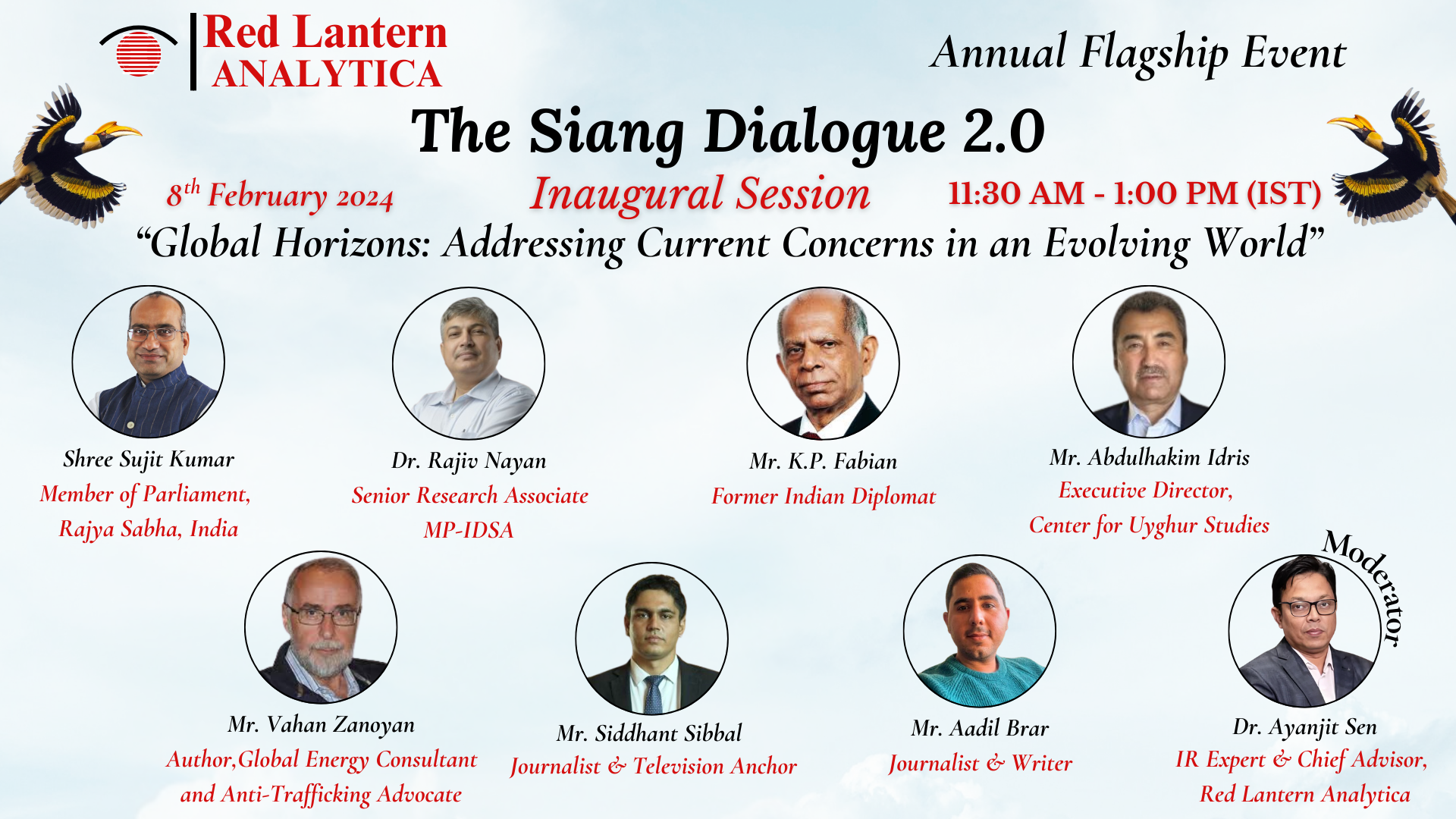The Indo-Pacific region, once referred to as the Asia-Pacific by Western nations, has transformed into a critical geopolitical zone marked by intense competition, especially between China and India. These two rising powers are vying for control over vital maritime routes, emphasizing their dependence on the Indian and Pacific Oceans for trade, security, and foreign policy objectives.
This region holds immense strategic value, as it is home to key sea lanes that facilitate a substantial portion of the world’s trade. The maritime trade routes, particularly those passing through the Malacca Strait and the northern Indian Ocean, are essential for the global economy, with approximately 60% of world trade passing through the Indo-Pacific. Moreover, the region’s unparalleled marine biodiversity and rich natural resources make it a focal point for both economic development and environmental preservation.
Historically, the Indo-Pacific has been shaped by colonial powers who sought to exploit the region’s resources through military bases and trade posts. However, in the 20th century, the emergence of military conflicts, particularly between Japan and, more recently, China, has significantly impacted the region’s geopolitical landscape. China’s territorial claims, particularly in the South China Sea, have become a focal point of tension, with several neighboring nations contesting China’s expansionist actions.
Strategic Importance of the Indo-Pacific
The Indo-Pacific region became increasingly significant following the economic rise of India in the 1990s. India’s inclusion in the ASEAN Regional Forum and its involvement in the East Asia Summit further solidified its role in regional security discussions. As the United States and other powers emphasized the importance of the Indo-Pacific, this interconnected space became a symbol of both economic opportunity and geopolitical rivalry.
The maritime strategies of countries in the region have been greatly influenced by the principles outlined by Alfred Thayer Mahan, the renowned naval strategist. Mahan argued that control over key maritime choke points, such as the Strait of Malacca and the Taiwan Strait, is critical for ensuring economic prosperity and national security. These strategic locations play a pivotal role in facilitating the free movement of goods and military assets, and their security is vital to global stability.
China’s Expanding Influence and the Territorialization of the Sea
A major source of tension in the Indo-Pacific is China’s increasing military presence, particularly in the South China Sea. China has aggressively asserted sovereignty over vast areas of the sea, despite competing claims from several nations, including the Philippines, Vietnam, Malaysia, and Taiwan. The construction of military installations on disputed islands in the South China Sea has raised alarms, with the U.S. and other countries conducting freedom of navigation operations (FONOPs) to challenge China’s claims.
China’s actions in the region are not only concerning due to territorial disputes but also because of the potential impact on global trade. The South China Sea holds significant reserves of oil and natural gas, and any disruption to the freedom of navigation through this vital waterway would have profound economic consequences worldwide. As part of its Belt and Road Initiative (BRI), China has sought to strengthen its influence over maritime routes, raising concerns among neighboring countries and global powers.
The Need for Regional Cooperation
In response to China’s assertiveness, regional powers like India, Japan, and the United States have increasingly worked together to counterbalance China’s growing military footprint. The Quadrilateral Security Dialogue (Quad) involving India, Japan, Australia, and the United States has become a crucial platform for promoting a free and open Indo-Pacific. This coalition emphasizes the importance of a rules-based order, freedom of navigation, and respect for international law.
India’s approach to the Indo-Pacific is rooted in its commitment to ensuring maritime security through collaborative efforts. India’s ‘SAGAR’ (Security and Growth for All in the Region) initiative emphasizes sustainable development, mutual security, and the protection of maritime resources. India’s growing naval presence in the region, combined with its partnerships with countries like Japan and the U.S., reflects its proactive stance in safeguarding the Indo-Pacific’s stability.
The Role of International Law in Maritime Disputes
The United Nations Convention on the Law of the Sea (UNCLOS) plays a critical role in shaping the maritime rights and obligations of nations in the Indo-Pacific. The recent International Court of Arbitration ruling on the South China Sea disputes has highlighted the importance of adhering to international law to resolve territorial claims peacefully. Despite this, China has continued to resist the ruling and expand its military presence in disputed areas, further escalating tensions in the region.
In the face of these challenges, regional organizations such as ASEAN and global bodies like the United Nations have become vital platforms for dialogue and conflict resolution. The increasing cooperation between nations in the Indo-Pacific, along with a shared commitment to upholding international law, is essential to ensuring peace and stability in this strategically important region.
Conclusion: Strengthening Maritime Cooperation for a Secure Future
As the Indo-Pacific region becomes the focal point of global power dynamics, ensuring maritime security will require continued regional cooperation and a collective effort to address emerging threats. The region’s significance as a hub for global trade, military strategy, and resource competition makes it an area of both opportunity and tension.
By strengthening alliances, promoting a rules-based order, and upholding international law, countries in the Indo-Pacific can work together to create a more secure and prosperous future for all. The ongoing geopolitical shifts and the need for enhanced maritime cooperation will continue to shape the region’s future, with far-reaching implications for global stability and security.












